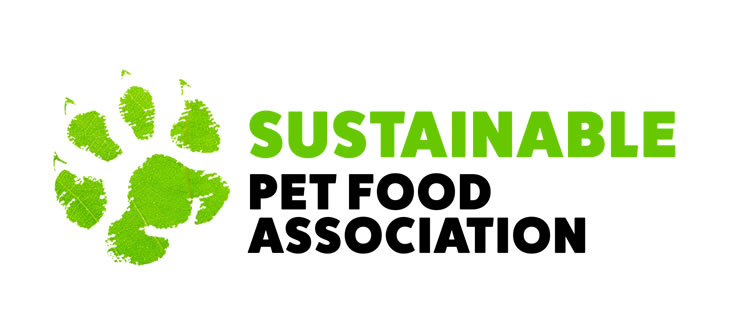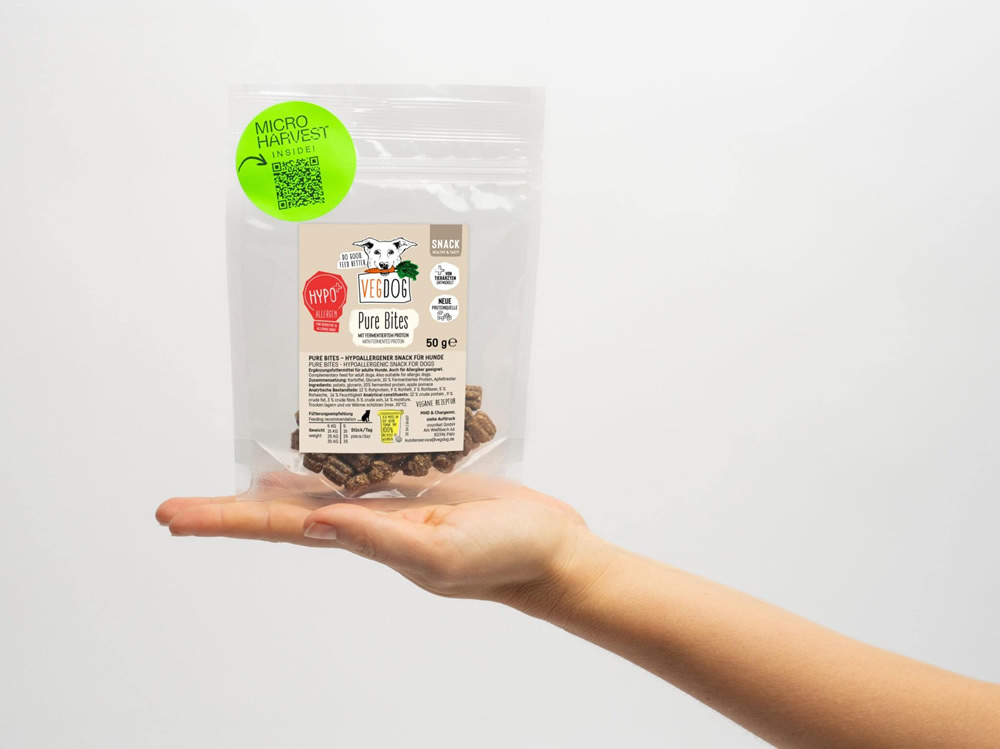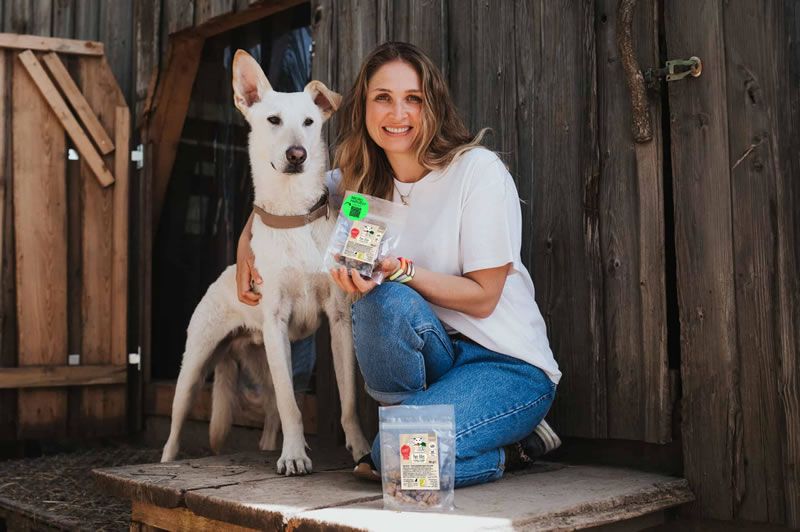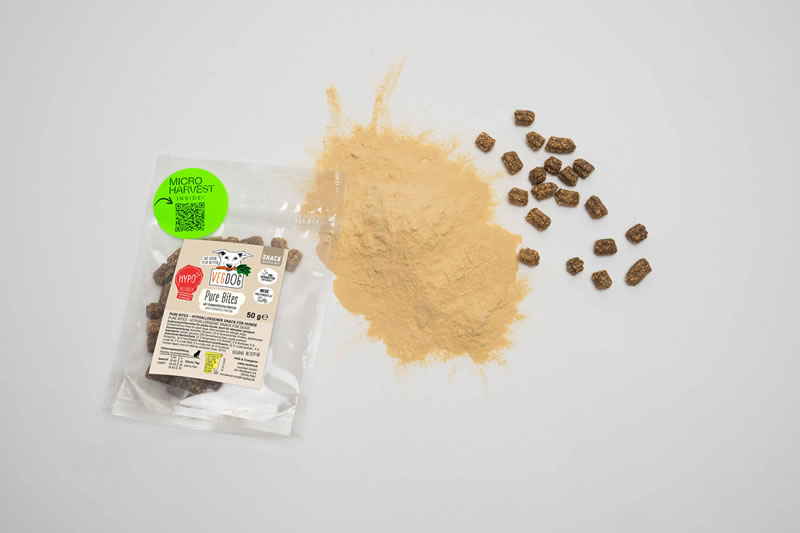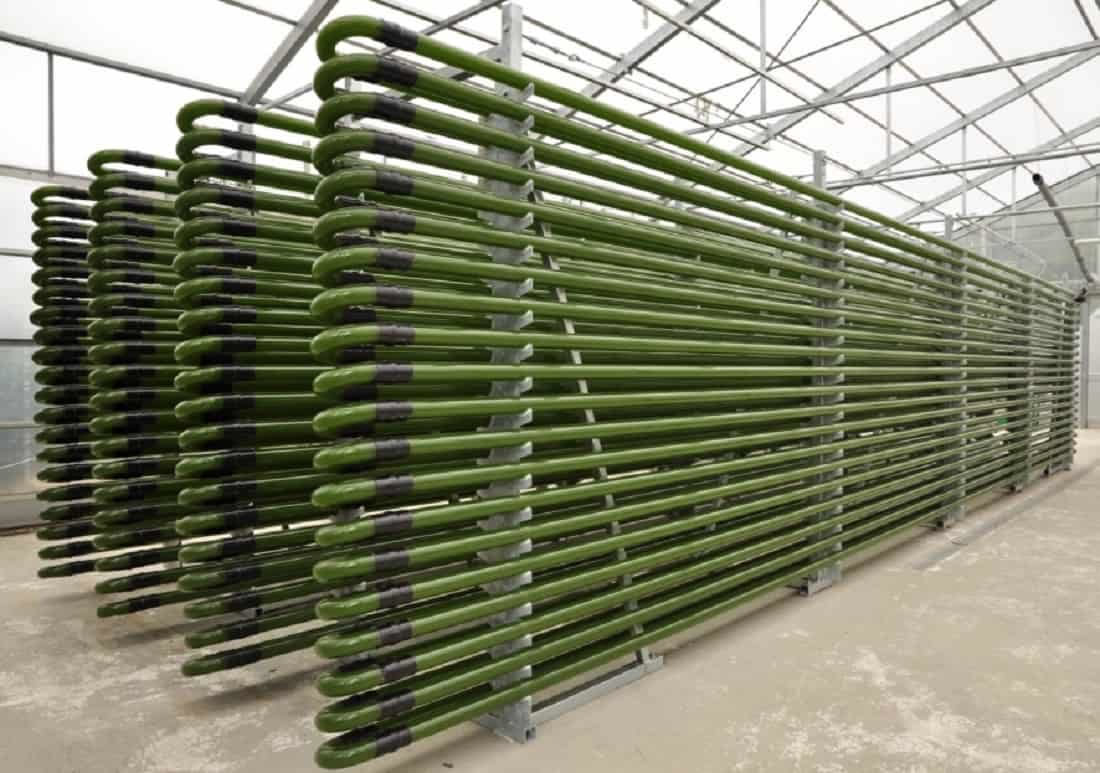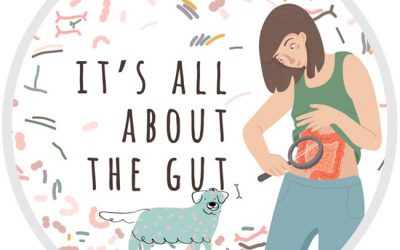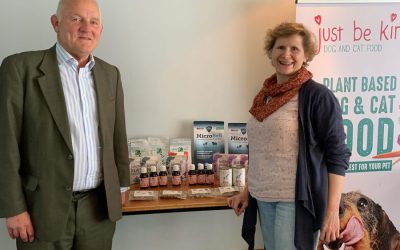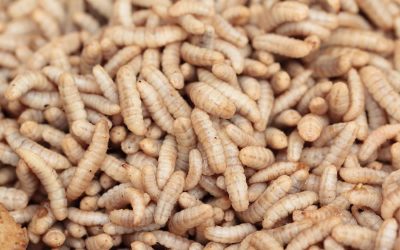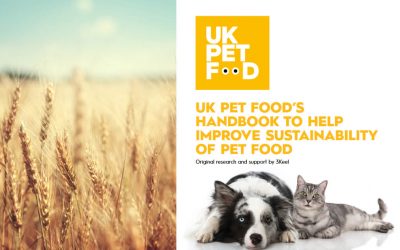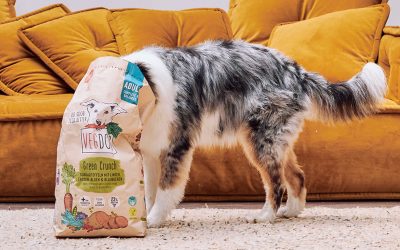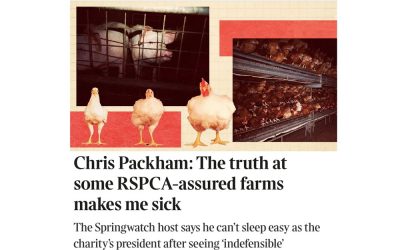Two very innovative German companies, the biotech startup MicroHarvest and plant-based dog food producer VEGDOG, have partnered to introduce a dog treat crafted from a sustainable ingredient: microbial proteins from biomass fermentation.
While other pet food products have utilised microbes like yeasts and mycelium, MicroHarvest’s first-of-its-kind protein is derived from bacteria that have been consumed by humans for centuries in foods such as kimchi, kefir, and sauerkraut, according to the announcement in April 2024.
Combining the microbial protein with potato and apple pomace, the innovation — VEGDOG Pure Bites — is said to be hypoallergenic, suitable for dogs with protein intolerances and allergies, and recommended for use in veterinary practices.
Tessa Zaune-Figlar, founder and CEO of VEGDOG, comments, “Our goal at VEGDOG is to show dog owners that they do not have to rely on meat-based products to feed their pets. With this modern approach and our high-quality, healthy, and tasty products, we have been able to pioneer a completely new market.”
Dogs and owners love it
This new bacteria-derived protein is said to be digestible, palatable, and highly nutritious, allowing VEGDOG to expand its V-Label award-winner portfolio.
Dr. Carla Steffen, head of R&D at VEGDOG, explains: “At VEGDOG, we are constantly searching for innovative protein sources that benefit our dogs as well as our planet. It is of high importance to us to formulate our products based on scientific evidence. As the microbial protein of MicroHarvest is proven to be highly digestible, palatable and sustainable, it ticks all of these boxes.”
In addition, a palatability study by MicroHarvest found that dogs were 10% more likely to accept microbial protein treats than those made with poultry. “Our ingredients were enthusiastically accepted by 85% of dogs trialed, while treats containing solely poultry meal had a 75% acceptance rate,” comments Ally Motta, Animal Nutritionist and Application Specialist at MicroHarvest.
Meanwhile, another study conducted by the biotech in partnership with Wageningen University’s Master’s program found that 78.4% of British and German dog owners would consider buying pet food products made with sustainable microbial proteins.
We are excited that have these new Pure Bites will be stocked in the UK by JUST BE KIND DOG FOOD as soon as they are available.
Scalable and more sustainable
According to MicroHarvest, its microbial ingredient footprint amounts to 1.4 kg CO2 equivalent per kilogram of product, giving it a sustainability advantage comparable to insect proteins and far exceeding that of plant-derived proteins: an estimated two to three times less CO2.
Moreover, the biomass is scalable and can be produced in just 24 hours while delivering over 60% protein. Ground into a powder, it offers multiple applications beyond pet food, including human foods and animal feed. This fermented protein can help address the global demand for proteins forecasted to grow 50% by 2050, says the German biotech.
What other inspiring innovations are taking place?
How very clever these researchers from Denmark are and we hope they achieve their aims quickly as amazing what they are doing!
Scientists at the University of Copenhagen have found a way to make protein by using cyanobacteria (blue-green algae) as a “surrogate mother”.
In a new study, the scientists successfully used cyanobacteria to produce a protein with long, fibrous strands that resemble meat fibres. The process involved inserting foreign genes into the blue-green algae, which then became a host organism for the protein.
“We need to refine these organisms to produce more protein fibres, and in doing so, ‘hijack’ the cyanobacteria to work for us,” said Erik Jensen.
“It’s a bit like dairy cows, which we’ve hijacked to produce an insane amount of milk for us. Except here, we avoid any ethical considerations regarding animal welfare. We won’t reach our goal tomorrow because of a few metabolic challenges in the organism that we must learn to tackle. But we’re already in the process and I am certain that we can succeed. If so, this is the ultimate way to make protein.”
The world’s first cans of dog food made with cultivated chicken to be sold in 2024 at Pets At Home!
“Sustainability is a motherlode of innovation.” – Harvard Business Review
Delivering value with a new product and capturing value in return as with a profit without regard to environmental and sustainable impact is not innovation, it’s exploitation. Innovation is usually driven by necessity, with our backs up against the wall. It also often emerges from the bottom up, because those on the “frontlines” working directly with customers or clients have the best and most immediate insights into their needs and pain points.
Canine Microbiome Study Significant Findings
Dogs have adapted genetically to digesting starches and that explains why they do so well on a complete plant-based diet
Studies claim positivity with alternative pet diets
Many owners willing to consider alternative pet diets, studies claim with a high proportion of cat and dog owners now prepared to explore alternative, more sustainable diet options
Plant-based vs Insect-based dog food
Insect Protein-Based Diets as Potential Risk of Allergy in Dogs, and Higher Cost
Avian Flu Pandemic Risk from Raw Feeding
The APHA (Animal Plant and Health Agency.gov.uk) sends anyone interested in environmental matters, emails about looming threats. As a vet, this is what I have received recently in my email inbox - In my inbox yesterday 11th November - An Avian Influenza Prevention...
Raw dog and cat food fuelling spread of antibiotic-resistant bacteria
The very real and always present danger of this latest study yet again finding antibiotic-resistant bacteria in raw commercial cat foods!
UK Petfoods MUST Keep Up!
Using animal byproducts in meat and fish-based pet foods is NOT sustainable!
Cats dying after eating Avian-Influenza-contaminated raw pet food!
Does vegan cat food provide the solution?
Fermented Protein Pet Food – the Future?
Is precision fermentation our future way to feed not only our pets, but ourselves too? Yes it most certainly is!
Could our dogs or cats trigger an avian influenza pandemic?
As our memories of the last COVID 19 disappear, the potential for another pandemic looms and pets could play a role in transmitting it
BVA says it is possible to feed dogs plant-based
The British Veterinary Association (BVA) has ended its opposition to (nutritionally-sound) vegan diets for dogs
The truth about ‘RSPCA Assured’ farms
The footage obtained from these farms, including distressing images of decomposing pigs, dying chicks, and salmon with missing eyes, is simply indefensible
The Great Protein Debate – Beef or Beans?
Dr Sue Paterson, RCVS President and Senior Vice President of the European Society of Veterinary Dermatologists interviews Dr Arielle Griffiths about Sustainable Pet Foods
